India celebrates its Independence Day on August 15 every year. This marks the country’s liberation from British colonial rule in 1947. But did you know that India shares its momentous date with a few other nations? These countries, located in different corners of the world, also commemorate their own hard-fought independence on August 15.
Let’s take a look at the countries that celebrate their Independence Day on the same date as India.
ALSO READ: Have A Message For PM Modi’s Independence Day Speech? Here’s How To Share It
1. South Korea
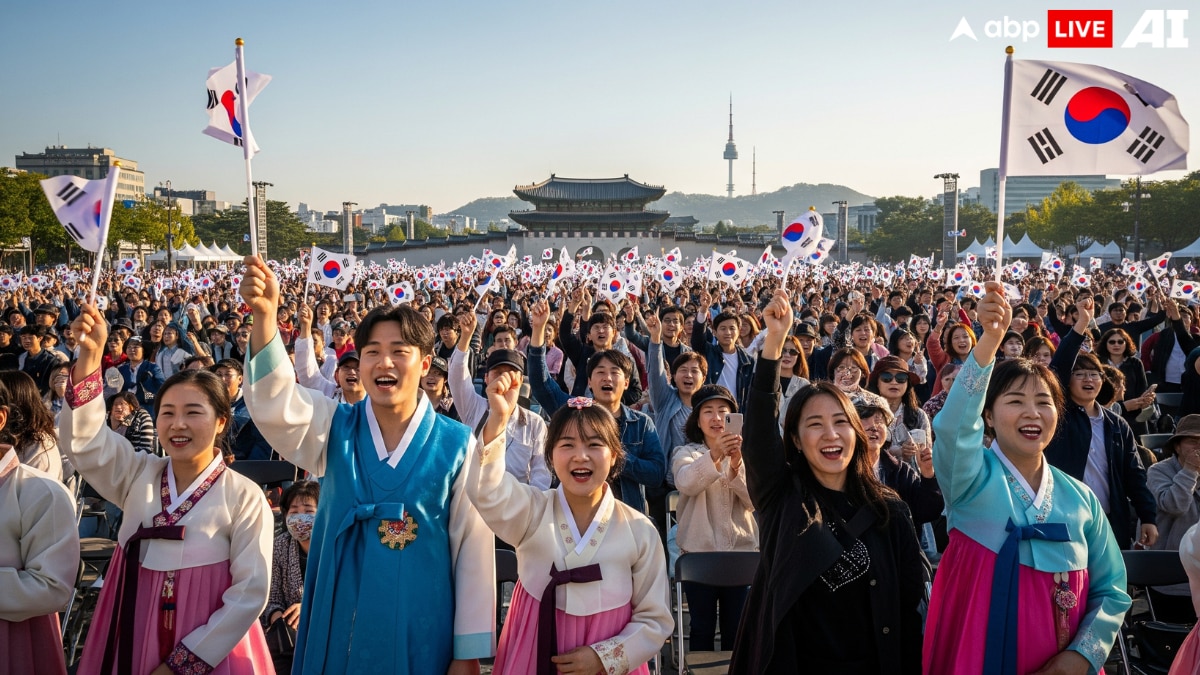
South Korea observes Gwangbokjeol on August 15, commemorating its liberation from 35 years of Japanese colonial rule in 1945. “Gwangbok” means “restoration of light,” symbolising hope and freedom. While India gained independence from Britain, Korea emerged from the shadows of Japan’s harsh occupation. On this day, people engage in parades, flag hoisting, cultural events, and nationwide pride. Unlike India, Korea’s independence was not a negotiated political transition but rather the result of Japan’s surrender in World War II. This shared date of celebration is a strong reminder that nations across continents fought for sovereignty around the same time, often under very different circumstances.
2. North Korea
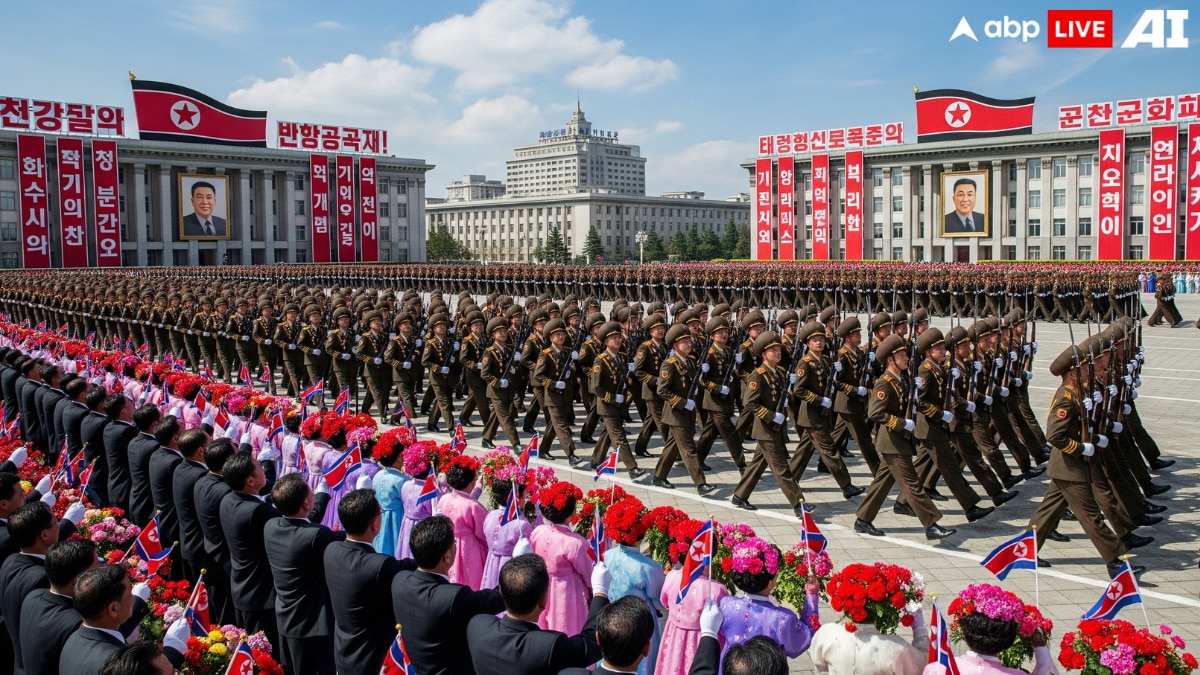
North Korea also marks its independence on August 15, commemorating liberation from Japanese colonial rule in 1945, the same day as India. Known locally as “Liberation Day” or Gwangbokjeol in the Korean peninsula, this date holds deep historical and emotional significance in North Korean national identity. The country was under brutal Japanese occupation from 1910 to 1945, and August 15 represents the return of Korean sovereignty following Japan’s defeat in World War II. In North Korea, the day is observed with patriotic fervor, featuring grand military parades, state-run cultural programs, and tributes to national heroes and martyrs. Citizens participate in flag-raising ceremonies and pay respects to former leaders, reinforcing a deep-rooted sense of nationalism.
3. Republic Of The Congo
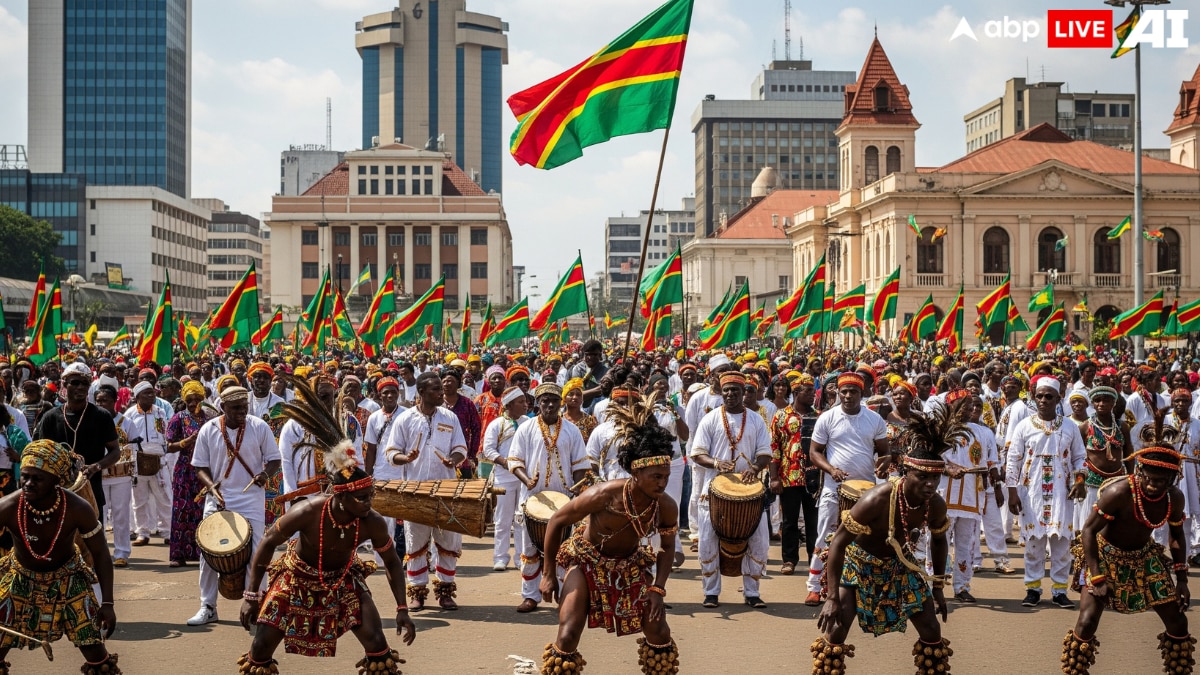
August 15, 1960, is the day the Republic of the Congo gained independence from French colonial rule. The occasion is celebrated with parades, public addresses, cultural events, and an expression of African pride. Congo-Brazzaville’s path to independence was part of the broader African decolonisation movement of the 1950s and 60s. Today, the day is a public holiday, with festivities and a strong sense of patriotism. Sharing the same independence date as India, Congo stands as a symbol of Africa’s freedom wave, reminding us how decolonization movements gained momentum across continents.
4. Liechtenstein
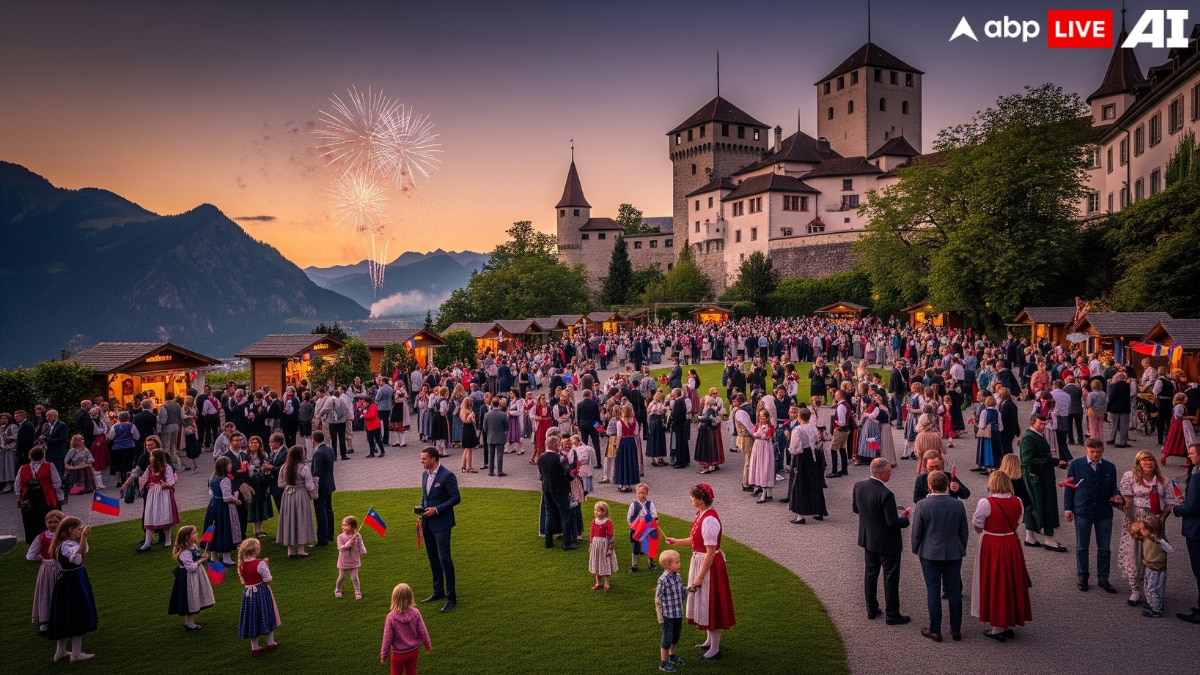
The tiny European principality of Liechtenstein celebrates its National Day on August 15, combining the feast of the Assumption of Mary with its head of state’s birthday (formerly Prince Franz Josef II). While not an independence day in the traditional sense, it’s a celebration of national unity and autonomy. Citizens gather at the Vaduz Castle, where the royal family hosts an open garden party, a rare tradition in Europe. Fireworks, cultural shows, and speeches mark the occasion. Although vastly different from India’s journey to freedom, Liechtenstein’s observance of August 15 as a day of national pride adds a European flavor to this globally significant date.
5. Bahrain
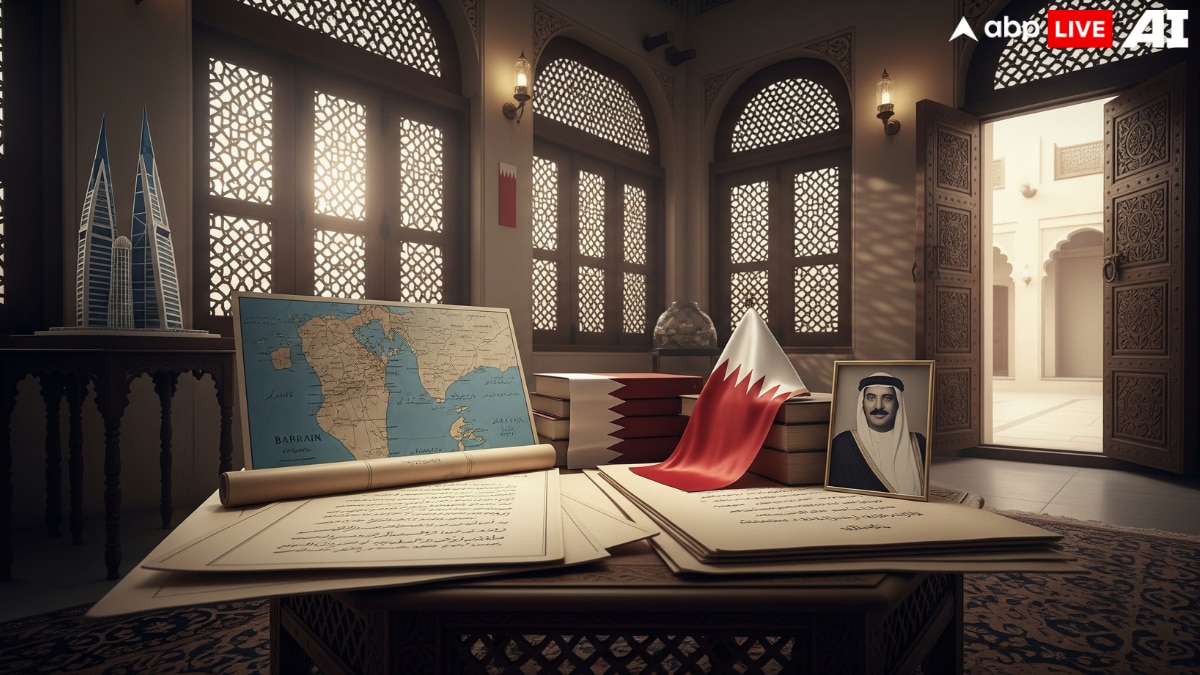
Though Bahrain formally declared independence from British protectorate status on August 15, 1971, the country officially celebrates its National Day on December 16. It marks the accession of its late ruler. Still, August 15 holds historical importance in Bahraini archives. In 1971, Bahrain chose to become a fully independent state rather than join the United Arab Emirates. Though not widely celebrated publicly, August 15 remains a pivotal date in Bahrain’s timeline of sovereignty and diplomacy. Its quiet independence echoes India’s louder celebrations but reflects the same core value. self-determination.

